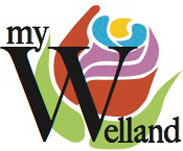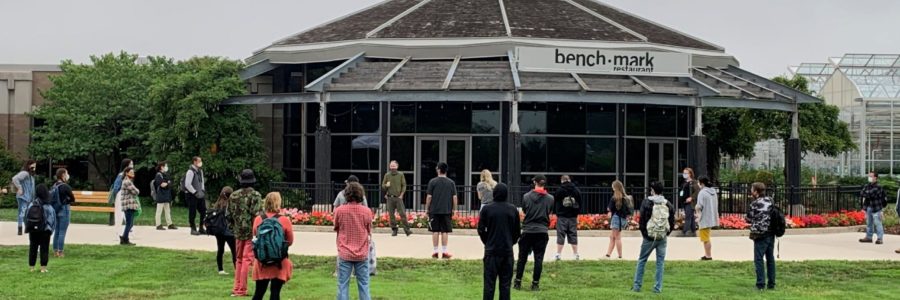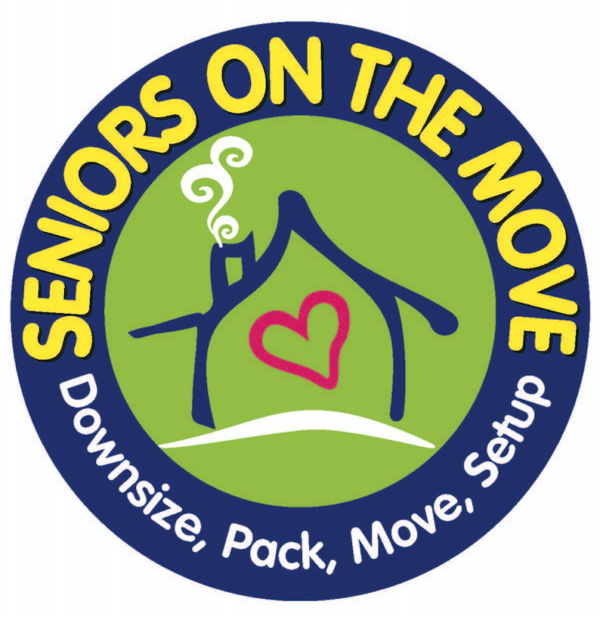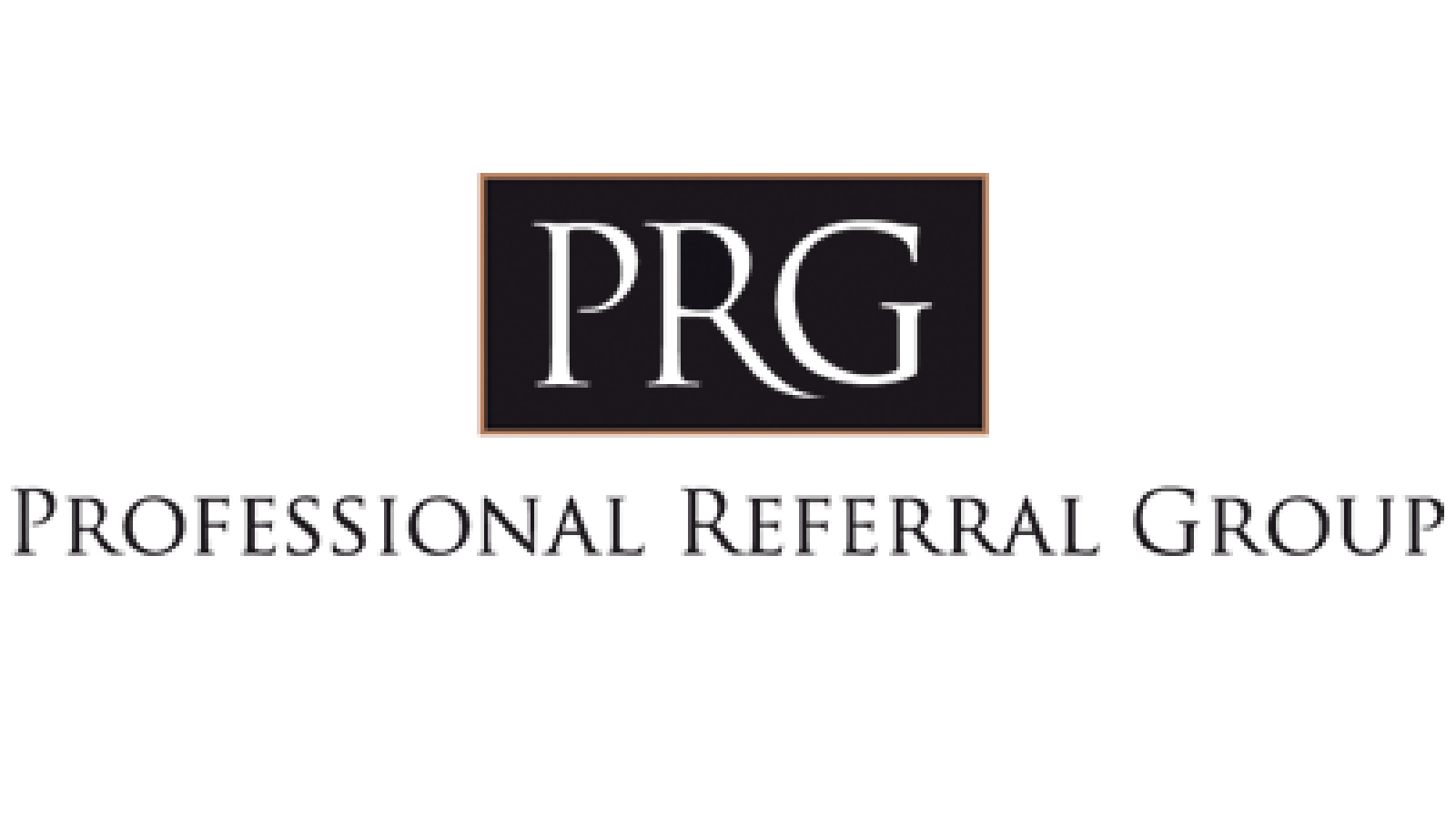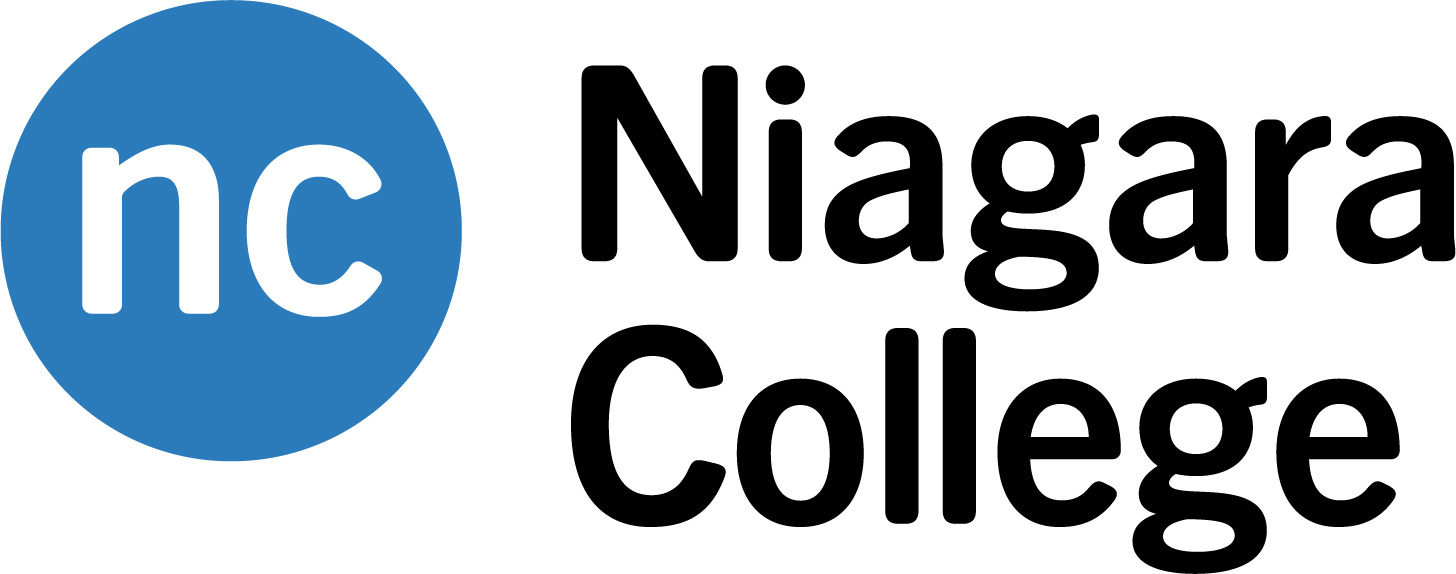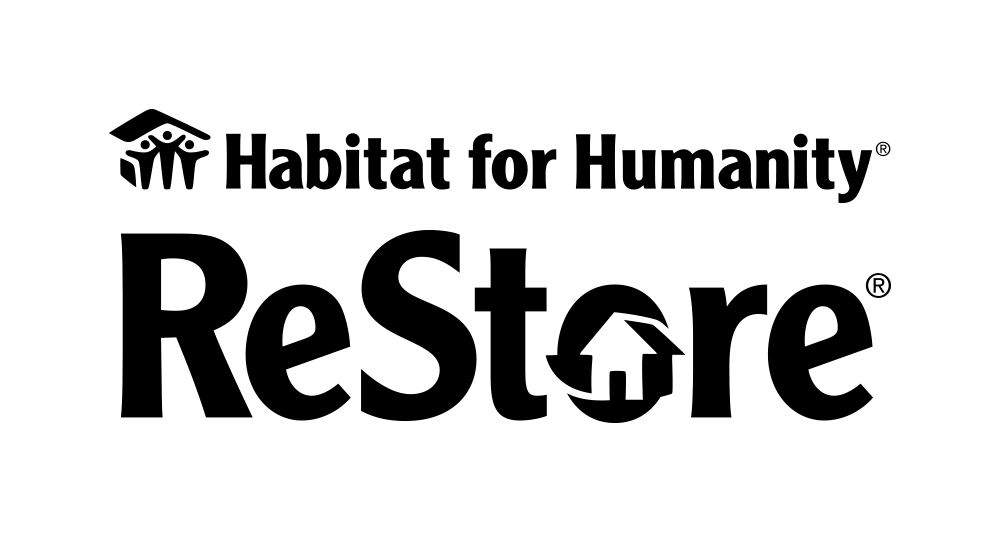Not even the word ‘distance’ can keep NC apart.
As Niagara College kicked off a fall term like no other on September 9 – with some students embarking on fully online learning, and others arriving on campus where physical distancing, mask requirements and daily health screenings are in full force. All were greeted with a warm welcome to bring them ‘NC together’ for a new academic year.
“After months of planning, the successful launch of our Fall 2020 term is one for the books. The core values which have always set NC apart – our steadfast commitment to students, to caring for one another, and our spirit of innovation – have never been more critical than they are today as we rise to meet extraordinary challenges presented by COVID-19,” said NC president Sean Kennedy. “The new ways we are engaging, supporting and educating our students, and the numerous safety measures which have been implemented in time for Fall term, are all testaments to Niagara College’s unwavering dedication to student success.”
Return to campus
At the Daniel J. Patterson Campus in Niagara-on-the-Lake, the vineyards, apiary, gardens, and labs within the Teaching Greenhouse, Teaching Brewery, Teaching Winery, and the Canadian Food and Wine Institute are once again buzzing with activity; while in Welland, students can now be found in nursing labs, broadcasting studios, the Teaching Hair Salon, the Dental Clinic, automotive labs and more. They are among 4,500 students enrolled in programs with limited in-person classes and labs this Fall term, marking the greatest return to NC campuses since they abruptly closed in March due to the COVID-19 pandemic.
As part of the College’s new hybrid academic model for Fall 2020, about half of NC’s total student population will be studying completely remotely, while half will study remotely with some limited on-campus activity– in programs where it is required and can be safely delivered.
For those returning to NC campuses, it was far from business as usual. With safety as the top priority, extensive campus access restrictions only permit students scheduled for classes and employees with approval to enter. All must complete a mandatory one-time safety training and daily health screenings to be able to ‘tap into’ campus buildings.
The extensive measures now in place to protect the College community were developed in consultation with public health. Wearing facemasks on campus is now mandatory indoors in common areas and where physical distancing cannot be maintained. New signs and floor markers encourage physical distancing. Cleaning and sanitizing efforts have also been stepped up across both campuses. Common areas, where large groups would normally congregate, remain closed until further notice.
Applied online learning
With about 80 percent of all College courses moved online, faculty members across all College programs have been exploring new ways to offer students applied learning experiences remotely. Examples include:
- Students in a culinary theory class will receive sensory kits when they exit their class on campus. From home, they will watch a video from their chef professor Olaf Mertens enabling them to sample tastes ‘together’ as they work their way through the sensory lesson.
- Justice and Fitness faculty have created online video demonstrations for students, while students provide video evidence of their performance – followed up by minimal time on campus to demonstrate more complex skills.
- Students in the Human Resources graduate certificate program are working virtually with a large food distribution company in Jamaica to identify opportunities to improve HR practices and help propel the business forward during a challenging time. The company will apply the solutions in the coming months and will seek to hire a virtual intern to support the project’s implementation.
- Students in marketing research courses will use a new digital text with small chapter assignments each week, which they will be graded on. Professor Malcolm Howe will post notes showing the application of the material as well as regular discussions around related topics. Grades will be attached to students posting their own ideas and commenting on others. Students will work on a project and will be encouraged to use online office hours to meet gain feedback from their professor. Their final test will ask project-specific questions allowing engaged students to achieve high grades.
Virtual Orientation
For the first time, Fall Orientation moved to an all-virtual format via video, Instagram, Facebook, Zoom and more, to connect students with program faculty, College staff and one another. From Orientation day on September 8 and continuing into the first week of classes, students participated in virtual karaoke, e-sports, and scavenger hunts, and had a chance to attend a Campus Kick-Off Concert along with students across Canada organized by the Canadian Organization of Campus Activities.
New students attended program and co-op information sessions; had a chance to ask questions and become acquainted with College resources through Zoom Check-ins; and navigated online learning, peer tutoring and academic supports online through Library Live sessions.
Pre-orientation activities began in August. Hundreds of students took part in September 101 and Q&A Zoom sessions before classes began, and orientation activities will continue into October.
According to the NC Student Administrative Council (NCSAC), and Centre for Student Engagement and Leadership, Virtual Orientation events have been well attended.
“When you’re faced with unprecedented challenges, it forces you to operate in unprecedented ways. Orientation 2020 will be known as the most unique Fall start on record,” said NCSAC president Tom Price. “It will also be known as a time that, in partnership with Niagara College, we as an organization went above and beyond for our student membership. Whether you’re connecting with us virtually from home, or you’re on campus, you’re an NC Knight!”
For details about Fall Orientation visit orientation.niagaracollege.ca and yourncsac.ca/yourevents
Niagara College offers more than 150 diploma, bachelor degree and advanced level programs; as well as more than 600 credit, vocational and general interest Part-Time Studies courses. Areas of specialization include food and wine sciences, advanced technology, media, applied health and community safety, supported by unique learning enterprises in food, wine, beer, spirits, horticulture and esthetics. For more information visit niagaracollege.ca.
 Back to myNiagaraOnline
Back to myNiagaraOnline